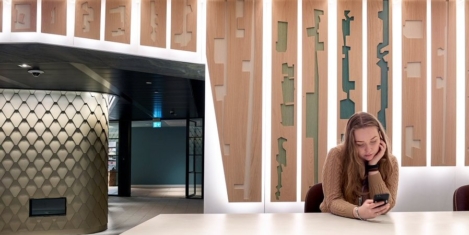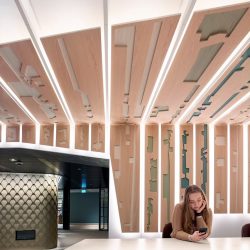July 16, 2019
The workplace of tomorrow redefined by learning and AI
 Unily has released a report analysing the trends and issues shaping the workplace of tomorrow. The report, ‘Future of the Workplace 2030+’, has been co-created with the futurist Anne Lise Kjaer, a regular on the TED Talks circuit best known for the book The Trend Management Toolkit. Looking at the transformation of our working lives over the next 10 years and beyond, the report explores both the challenges and the opportunities as companies prepare for a new wave of technological advances and a new generation of workers. It sets out specific challenges including how to incorporate Generation Z in the workplace, integrate new technology and face greater scrutiny of organisational values. It also suggests that new jobs will emerge such as ‘Vice President of No’, ‘Professional Rebel’ and ‘Ideas Broker’. (more…)
Unily has released a report analysing the trends and issues shaping the workplace of tomorrow. The report, ‘Future of the Workplace 2030+’, has been co-created with the futurist Anne Lise Kjaer, a regular on the TED Talks circuit best known for the book The Trend Management Toolkit. Looking at the transformation of our working lives over the next 10 years and beyond, the report explores both the challenges and the opportunities as companies prepare for a new wave of technological advances and a new generation of workers. It sets out specific challenges including how to incorporate Generation Z in the workplace, integrate new technology and face greater scrutiny of organisational values. It also suggests that new jobs will emerge such as ‘Vice President of No’, ‘Professional Rebel’ and ‘Ideas Broker’. (more…)


































July 11, 2019
The scale of the problem for workplace design 0
by Mark Eltringham • Architecture, Comment, Workplace design